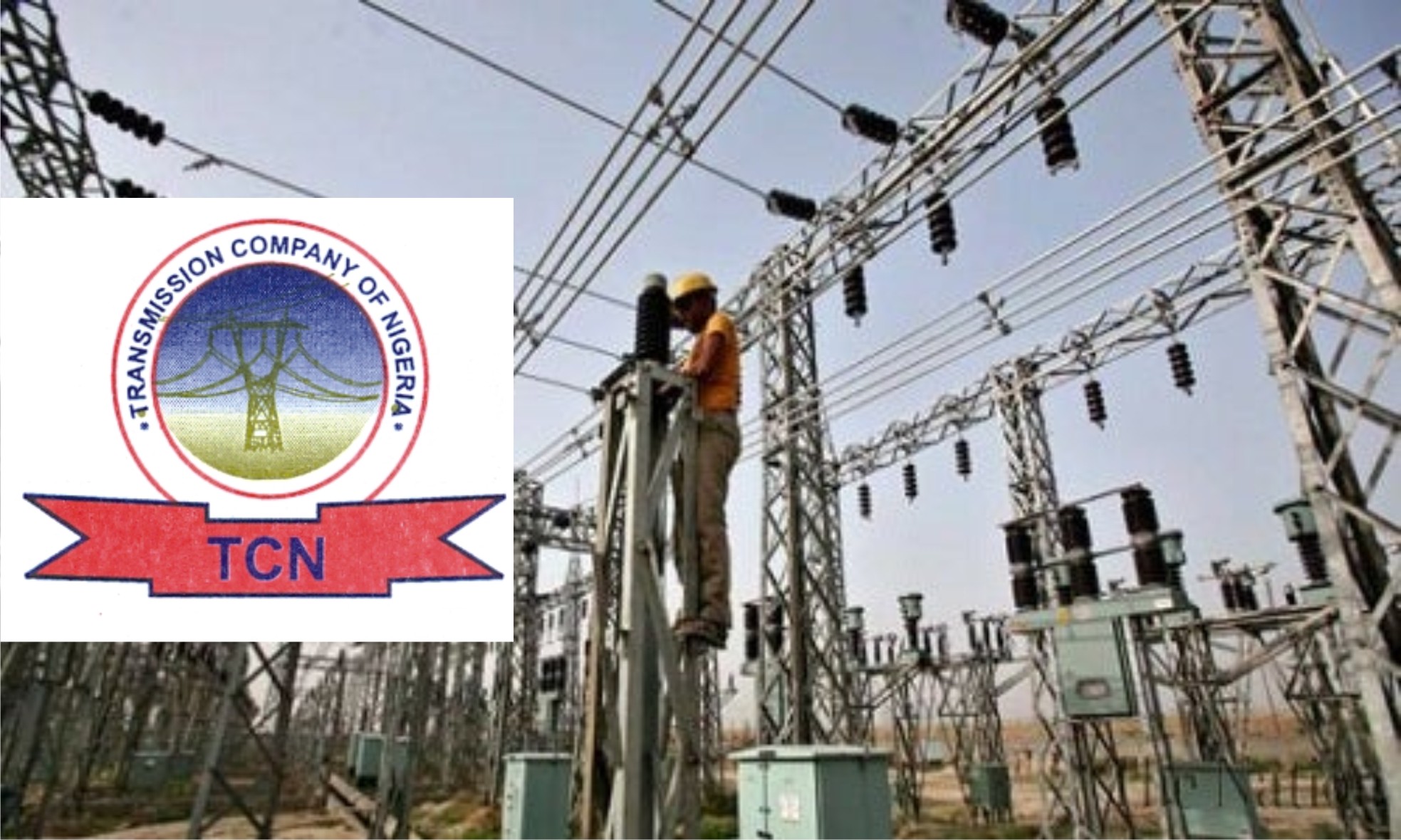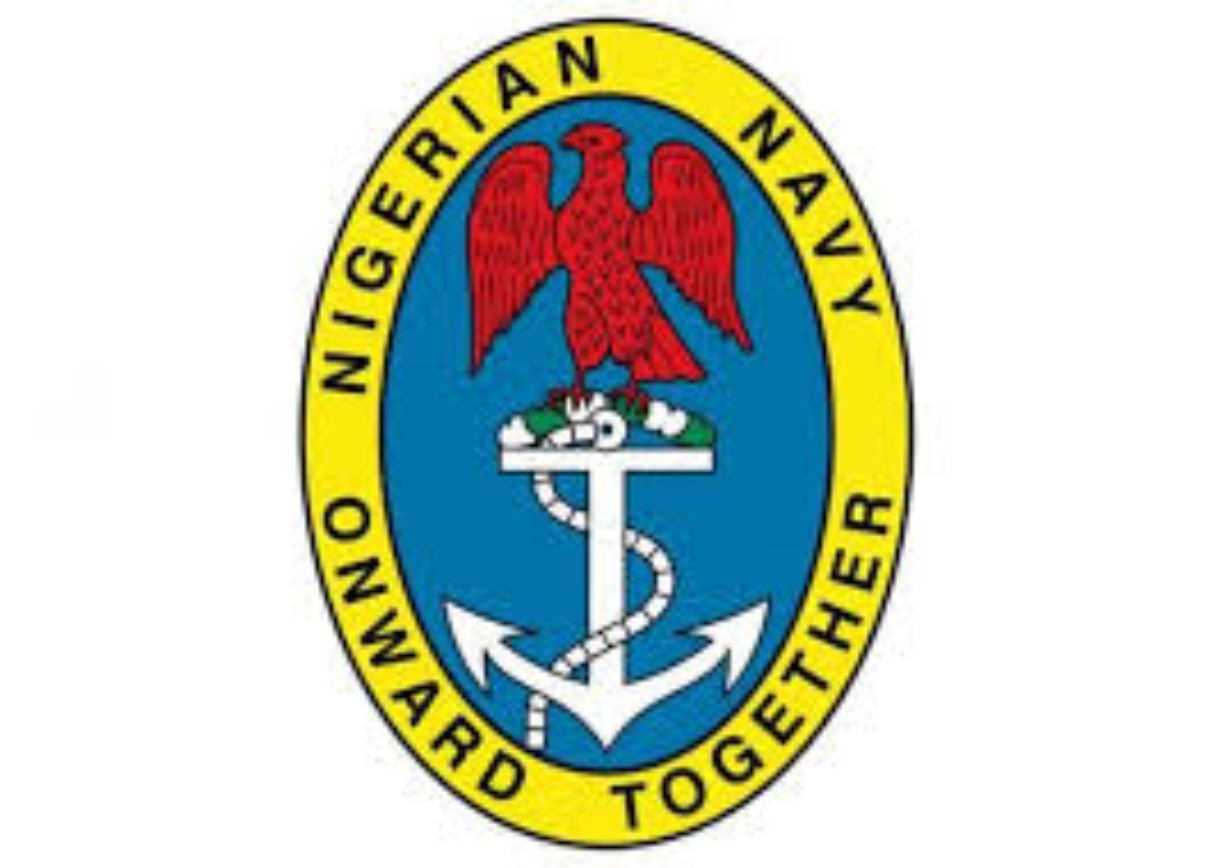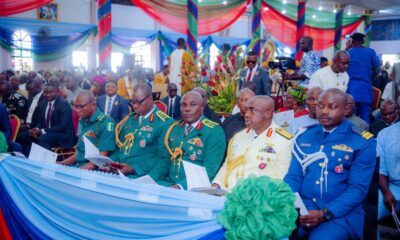Business
Labour Plans Nationwide Strike Over Minimum Wage Delay
The organised labour have alerted Nigerians that plans were underway to embark on industrial action if the current state of affairs as regards the issue of consequential adjustment arising from the new national Minimum wage of N30,000 per month remains the same.
It is operating under the aegis of the Trade Union Side (TUS) of the Joint National Public Service Negotiating Council (JNPSNC); the eight Unions in the Public Services of the Federal and 36 State Governments.
In a press statement in Abuja on Monday, the TUS Acting Chairman, Mr Anchaver Simon, and the Secretary, Mr Alade Lawal, expressed disappointment by government’s effort to derail the implementation of a new National Minimum Wage.
“As things are right now, the government side is only prepared to pay peanuts to workers as adjustment under the pretext that it will soon be undertaking general salary review in the Public Service.”
The committee on Consequential Adjustment of Salary agreed to set up a technical body to work out different scenarios in respect of salaries that would be paid to workers who are in the Ministries, Departments and Agencies (MDAs) that draw their emoluments from the government treasury.
The technical committee met severally and series of computations that were to be presented for the plenary for consideration were developed.
The labour leaders stated that the TUS had initially proposed that since the minimum wage was increased by 66.66 per cent; from N18,000.000 to N30,000.00, salaries for officers on Grade Levels 01-17 should be adjusted accordingly to maintain the relativity that exists in the salary structure in the Public Service.
“But when the Government side argued that such increase across board would raise the total wage bill too high, the TUS side reviewed its demand downward and eventually settled for 30 per cent for officers on Grade Levels 07-14 and 25 per cent for those on Grade Levels 15-17.
“The Government side on its part was insisting on 9.5 per cent salary raise for employees on Grade Levels 07-14 and 5 per cent for those on Grade Levels 15-17.
“The two sides then agreed to capture the two positions in the technical committee’s report which will now be presented for discussion at the plenary.”
According to the TUS, it received a rude shock at the last meeting of the Technical Committee when the government side began to hold on to a non-existent position that the Technical Committee’s term of reference was to base its assignment in respect of salary adjustment on what was provided for it in the 2019 budget.
It regretted that the implication of Government’s position was that the Technical Committee cannot go beyond what the Government was pushing for which is 9.5 per cent salary increase for officers on GL 07-14 and 5 per cent for those on GL 15-17.
“With this turn of event, it is quite clear now that some fifth columnists in this Administration are hell bent on pushing President Muhammadu Buhari to enter into a collision course with millions of Nigerian workers in the Public Service. This is very sad,” the Union stated.
Business
CBN Unveils NTNIA, NRNOA Accounts For Diaspora Nigerians’ Investment

Business
Diesel Price Hike: Manufacturers Opt For Gas

Business
TCN Debunks Grid Collapse, Says Lines Tripped

-
Rivers5 hours ago
Welfare Ministry Reviews 2024 Milestones … Prioritizes Remodeling Children’s, Elderly Homes
-
Sports2 hours ago
Gokana Chairmanship Cup Symbol Of Unity Peace – Chairman
-
Sports5 days ago
Polo Players Storm Port Harcourt, Promise Exciting Experience
-

 Business4 hours ago
Business4 hours ago‘Navy Stern In Fight Against Oil Theft’
-

 News2 hours ago
News2 hours agoReps Give FG 72 Hours To Unfreeze NSIPA’s Accounts
-
Business5 hours ago
Abia Communities Protest Over Nsulu Aurport Project … Allege Exposure To Farmland Extinction
-

 News4 hours ago
News4 hours agoLet’s Celebrate Gallantry Of Soldiers More While Alive Than In Death – Fubara
-
Rivers5 hours ago
NGO Seeks Better Health For Women, Children

